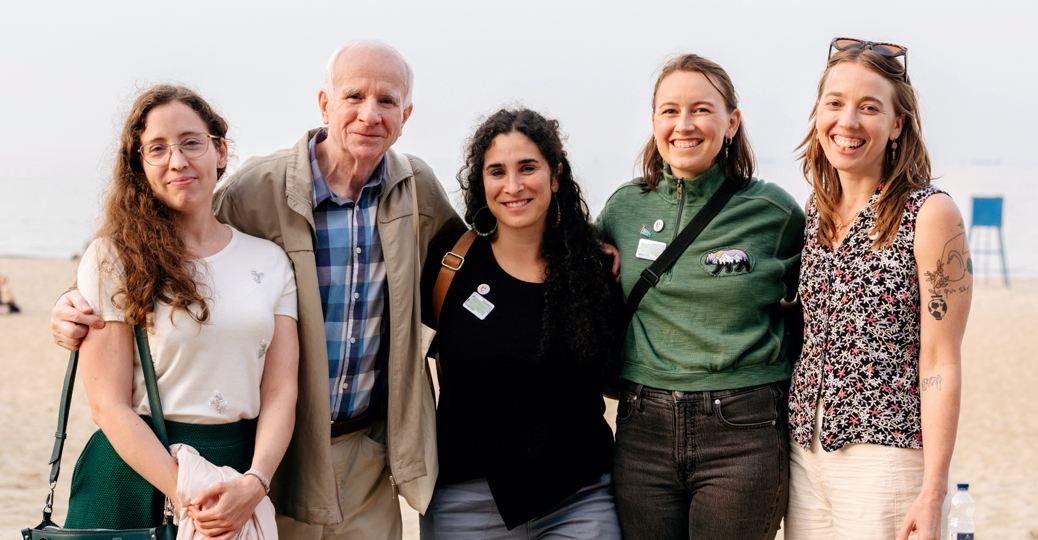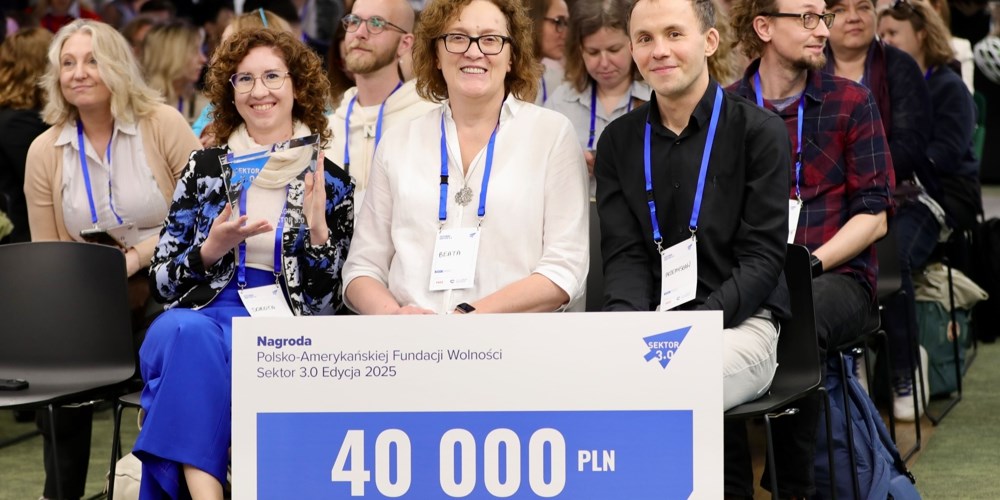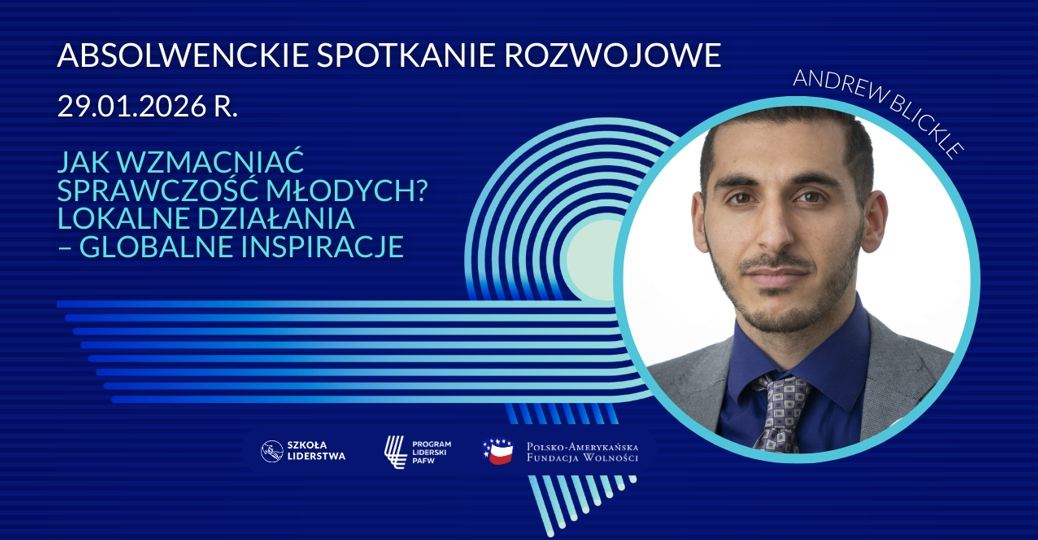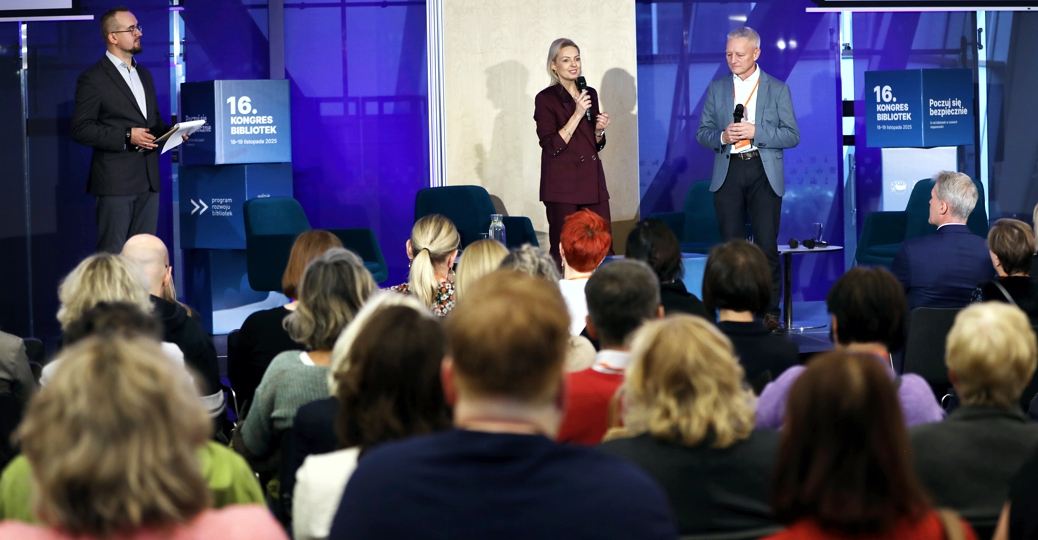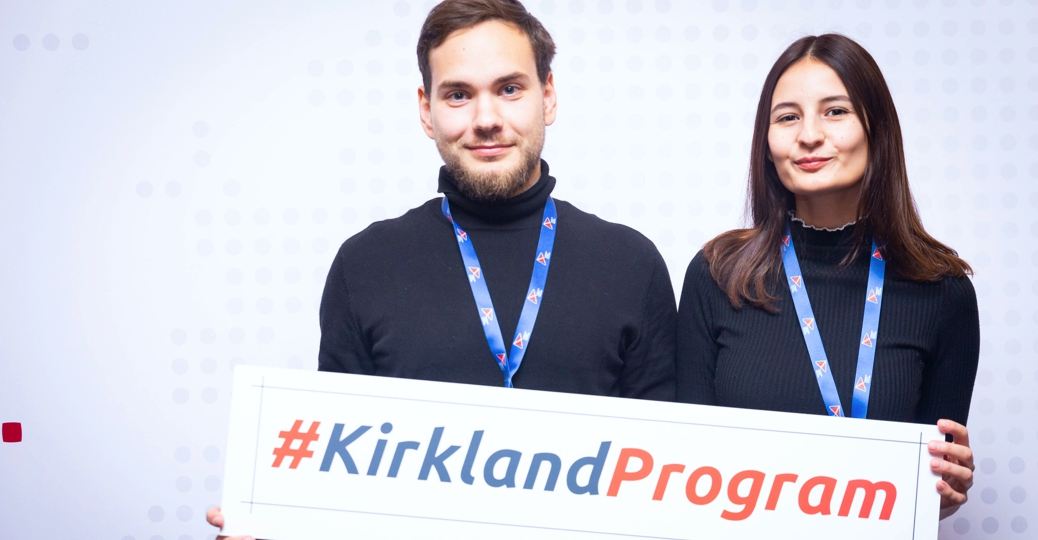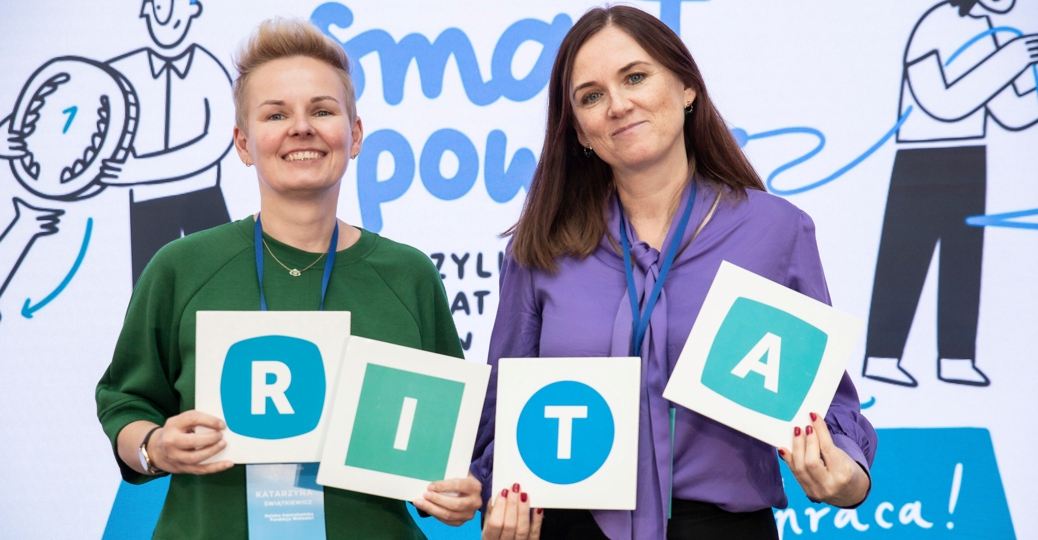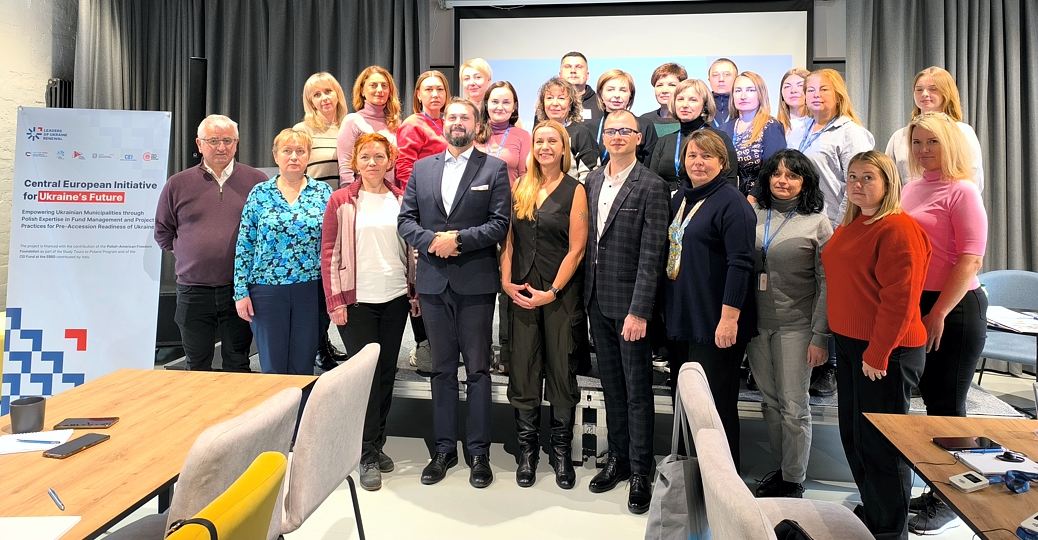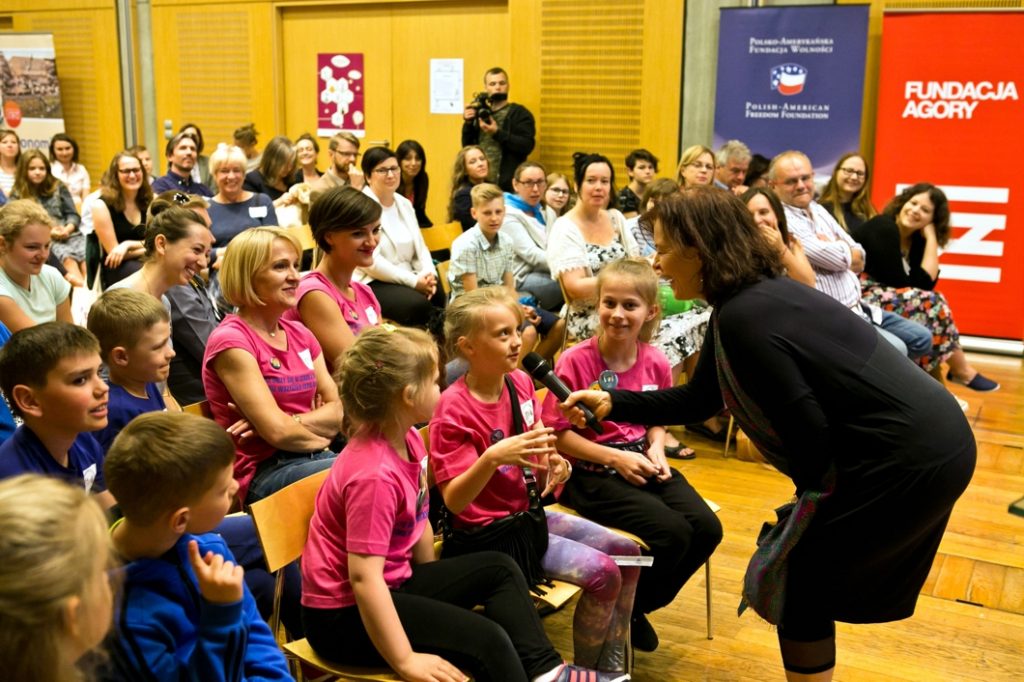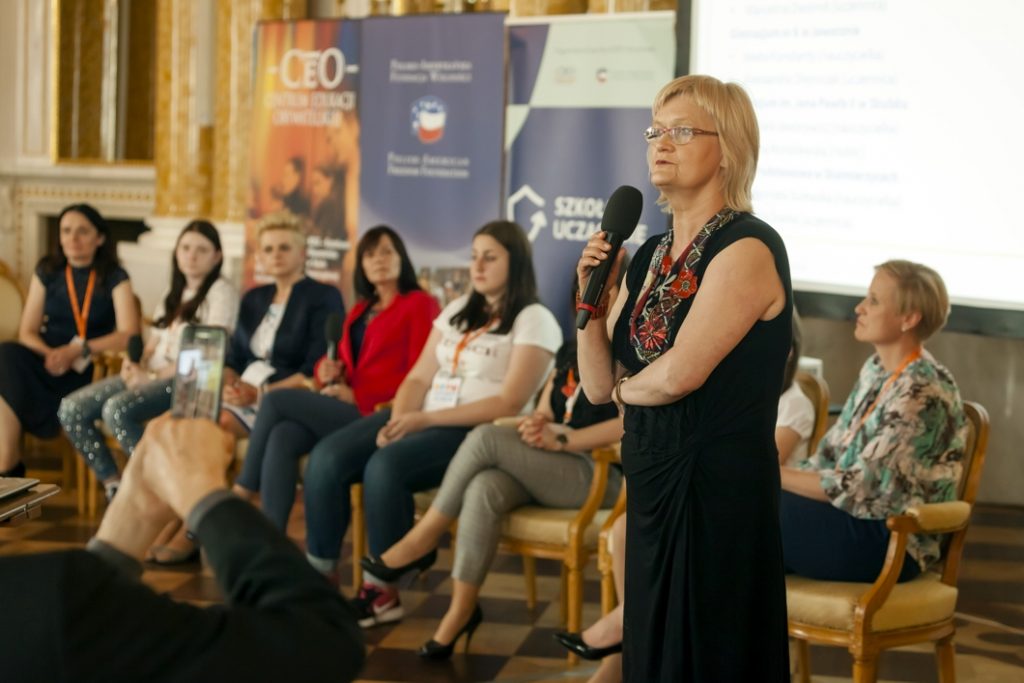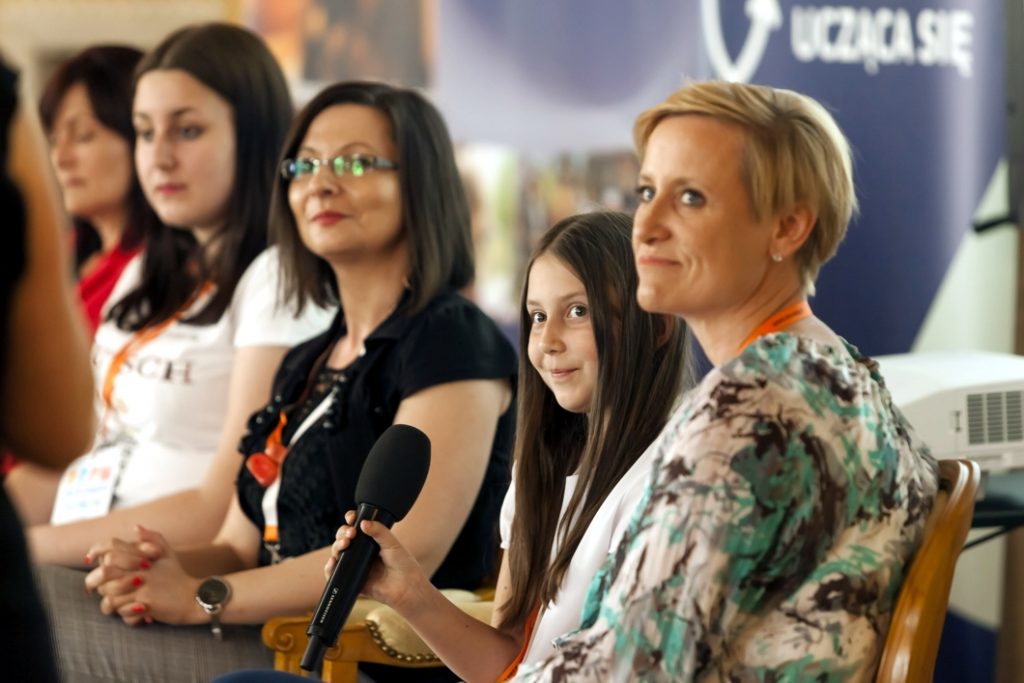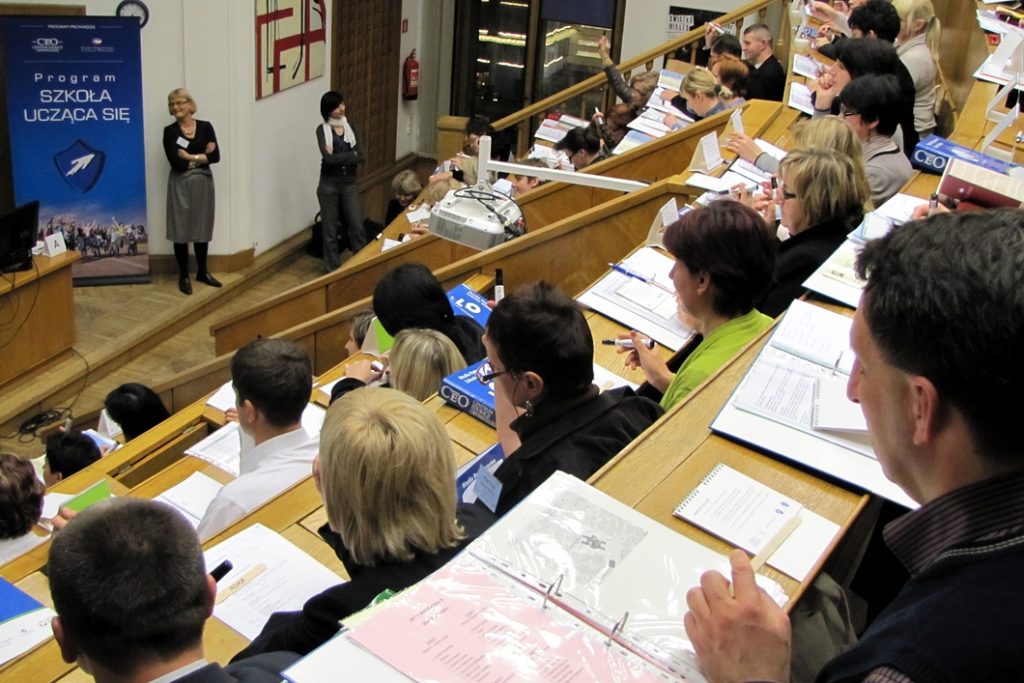Comprehensive action to improve Polish education, using the best international standards, has been carried out under this program since its launch in 2000. The quality of schools improves mostly thanks to training delivered to teachers and headmasters, in rural areas and small towns in particular.
The “LES” training offer involves long-term actions for holistic school development, year-long e-learning courses for teachers, and one-day workshops for teaching staff. “LES” also cooperates with Civitas University to offer Postgraduate Courses for Education Leaders.
“LES” introduces an original quality assurance system into the daily operation of schools, which improves pupils’ learning outcomes. The system is based on formative assessment, a set of learning strategies which constitute the basic tool for working with schools. By encouraging learners and teachers to become partners in learning, the system develops learning skills, strengthens internal motivation, and gives children and youth a sense of authorship. “LES” schools develop ways to perfect teacher performance, monitor results of activities, and share best practices with each other. The “Learning Schools” program improves the effectiveness of teaching and learning, organizing the functioning of a school as a learning institution, increasing the competencies and autonomy of teaching staff, strengthening the position of headmasters, and ensuring cooperation between the school and its outside environment.
In the course of 25 years the program gathered some 12,000 schools, of which 1,600 participated in its core operations that aimed to introduce formative assessment. Nearly 200,000 teachers and nearly 11,000 school principals benefited from various “LES” components.
Over the last years the program offer has been extended. The changes started by the Ministry of National Education in 2017, the COVID-19 pandemic, and the war in Ukraine, which resulted in an influx of refugees to Poland made it necessary to ensure additional support for schools. To this end “LES” added an “Resilient School” initiative to its portfolio. The objective behind this new undertaking is to create a network of schools, enhance teacher skills, and improve the position of headmasters in managing the school in times of uncertainty. So far, over 10,000 people have taken part in these activities.
An important component of the program is to promote the outcomes of expert analyses and present best practices in education, pupil guidance, and school organization. These are actively used to improve the quality of the education system, and the “LES” experts actively participate in work and consultations on new curricular and legal solutions. This activity intensified notably in 2024 on the initiative of the Ministry of National Education.
The many years of “LES” experience is also used in various educational initiatives financed from EU funds. These include: “The Student Academy,” “Digital School,” “The Learning Schools Academy for Education Leaders,” and the “School for the Innovator”. The purpose of these initiatives is to develop competencies which students will need in adult life, by promoting innovative teaching, assessment and evaluation methods among teachers and school principals, and by reshaping the organization of schoolwork.
PAFF has disbursed $17,094,951, including $867,709 for the current edition.









